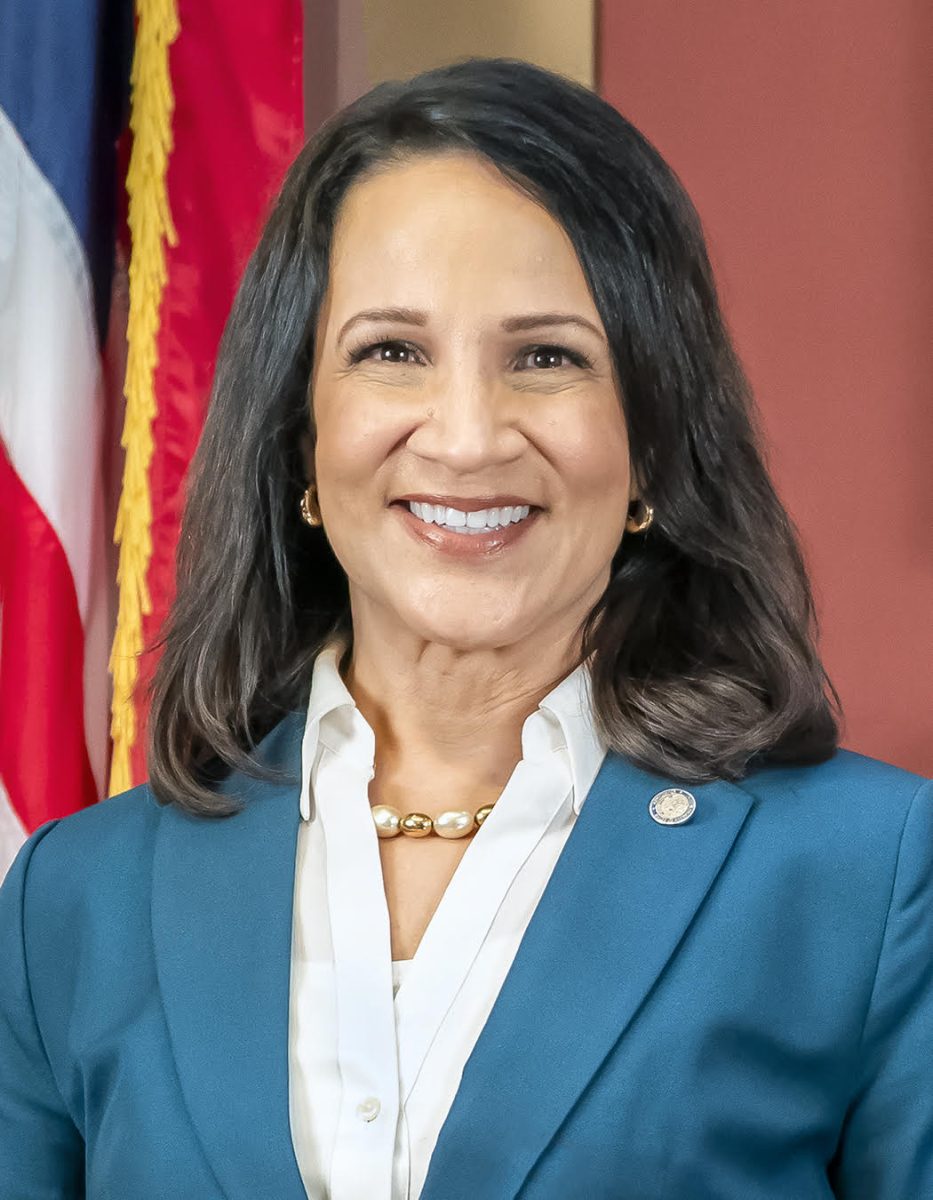A scrap of lime-green fabric, resource cards and a caring soul can be all it takes to save a life.
As of last month, University of Minnesota students participating in a suicide-prevention initiative are tying green bandanas to their backpack as part of The Bandana Project.
The project started at the University of Wisconsin-Madison in January 2016 and was brought to the University of Minnesota on Sept. 21.
Student volunteers are equipped with resource cards with phone numbers for the schools’ mental health crisis centers and a script for what to say to a 911 dispatcher in a mental health emergency.
Emily O’Connell, one of the founders of the University of Minnesota’s initiative, explained that the program is a hybrid of an awareness campaign and an outreach program.
“The University can say everyone on this campus is here for you, but it’s for people to be able to see it,” she said. “It’s kind of a liaison between resources and students.”
The original program was started by members of the National Alliance on Mental Illness — called NAMI — at UW-Madison after the suicide of a professor’s son at UW-River Falls. The suicide prompted students to wear white bandanas on their arms to show support.
Conlin Bass, director of The Bandana Project at UW-Madison, developed the idea into a broader initiative.
“Having a bandana on the backpack is a sign of quiet support for anyone who might be struggling, even from a complete stranger,” Bass said.
The program received massive support and expanded rapidly. Currently, the UW-Madison program has almost 3,000 bandana carriers.
At the University of Minnesota, members of Active Minds, a mental health advocacy group, heard about The Bandana Project through social media and worked with the original founders at Madison to bring the program to the University.
It took about a year for the six students that founded the program to clear administrative and logistical hurdles at the University.
Active Minds worked closely with Boynton Health and the Provost’s office to secure funding and ensure that the information on the resource cards would maximize their impact.
Gabrielle Steinhoff, a junior and co-founder of the University’s The Bandana Project, said she was excited by the outpouring of support from the psychology department and Office of Housing and Residential Life, as well as student interest.
“In the last two weeks since we’ve launched, we’ve had probably about a 50 percent increase in bandana interest,” Steinhoff said.
She said she hopes Active Minds can eventually raise money for suicide prevention charities, but for now, their goal is to expand their campus presence.
“Right now we’re really focusing on trying to get people on campus to really know what the bandanas mean,” she said.







